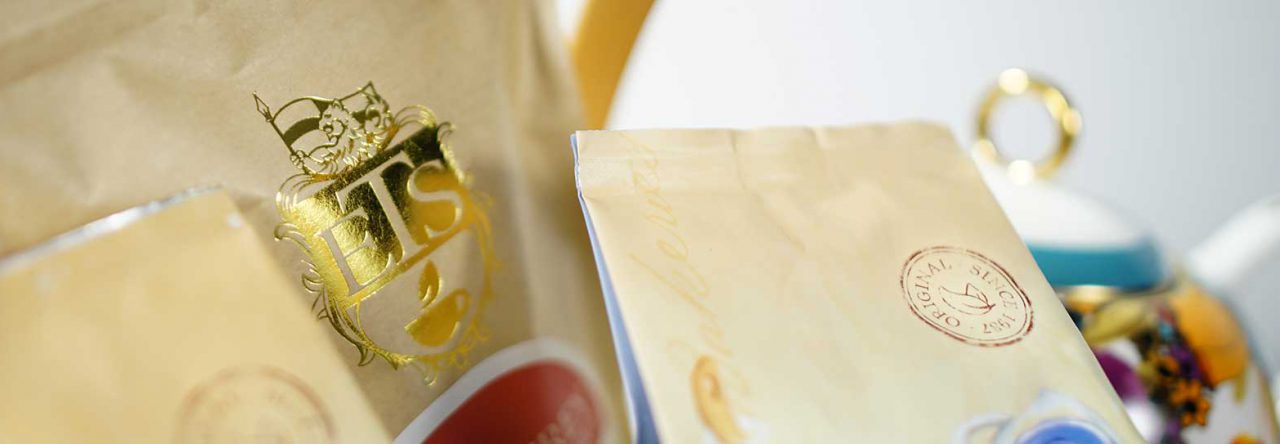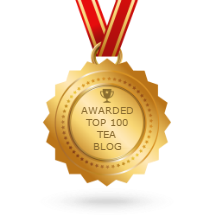I have to confess that my Latin is a little rusty (as in almost non-existent), but through the miracle of the Internet I was able to determine that Defensio Non Provocatio roughly translates to “Defense No Recourse.” Or perhaps that online translator gadget is dead wrong and it doesn’t actually. Another source I found suggests that it means “Defence not Provocation,” so take your pick.

In any event, I don’t suppose it’s critical that we know the meaning of the phrase, which is part of the title of an 1870 work on tea called Defensio Non Provocatio: A History of the Sale and Use of Tea in England. To call this one a book would be stretching a point, given that it’s only about sixteen pages. Authorship of the work is credited to the Licensed Victuallers’ Tea Association.
While it’s obvious that you can’t provide too thorough of a history of English tea culture and consumption in such a short space, the authors give it the old college try. They take a few pages to speculate on the origins of tea in China and it’s later use in such countries as Japan and Russia and then Europe. They quote one source that suggests that a pair of English Lords were the first to bring it to their own country, importing a small quantity from Holland in 1666, but proceed to mention a number of advertisements for tea from the decade prior to that date.
On the topic of which of these origin stories are the real one, the authors don’t seem completely clear. But they are apparently a little more certain that tea was initially sold in England in taverns and coffee houses, with grocers being slow to catch on to its potential as an item of commerce. The next eight pages or so are devoted to a rather dry recitation, with plenty of facts and figures (and the occasional snippet of verse), that details how tea gradually acquired a firm foothold in England over the course of the next two centuries. In retrospect we know, of course, that tea eventually became so popular in England that it was as much a national symbol as a beverage.
All of which is pretty worthwhile stuff from a historical perspective. But I’ll give my standard disclaimer and point out that for contemporary readers this probably won’t make for the most riveting reading. Be that as it may, you can check out a free electronic edition of the work online.
© Online Stores, Inc., and The English Tea Store Blog, 2009-2014. Unauthorized use and/or duplication of this material without express and written permission from this article’s author and/or the blog’s owner is strictly prohibited. Excerpts and links may be used, provided that full and clear credit is given to Online Stores, Inc., and The English Tea Store Blog with appropriate and specific direction to the original content.



Leave a comment